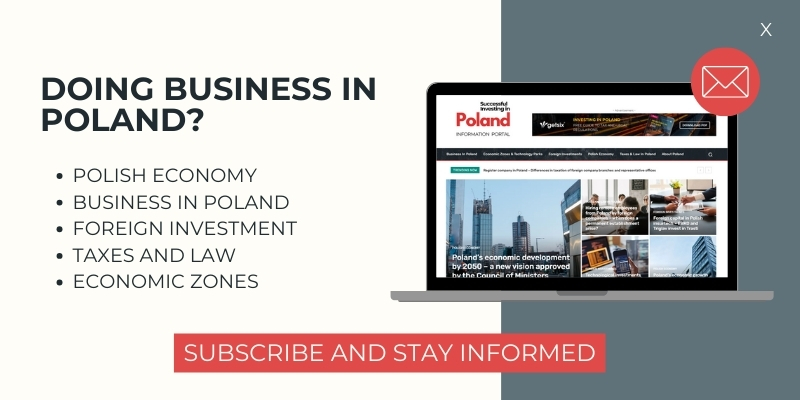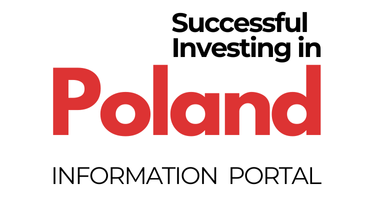The year 2024 has brought investors yet another set of data that leaves no doubt: Poland continues to rank among the most attractive EU countries in terms of labour costs. The average hourly labour cost stood at €17.30, placing Poland among the EU’s low-cost workforce leaders.
By comparison, in Germany – Poland’s largest western neighbour and Europe’s biggest economy – the same hour of work cost €43.40, more than 2.5 times as much. This represents a difference of around +150%, which cannot be ignored when planning investments in production, shared service centres or logistics.
High labour costs in Germany – impact on investment attractiveness
In 2024, Germany ranked 7th in the EU in terms of labour costs. The manufacturing sector recorded an average hourly cost of €48.30, which is 43% higher than the EU average of €33.70. In the market services sector – which includes logistics, trade and finance – it was €42.10, i.e. 26% above the EU average.
By contrast, Poland’s labour costs are growing dynamically but remain competitive. In 2024, the increase was 19% – the highest in the EU. This signals strong market development and wage pressure, but the cost base remains significantly lower than in the West.
EU labour cost ranking – top and low-cost countries
The most expensive countries in the EU in 2024 in terms of labour costs were:
- Luxembourg – €55.20
- Denmark – €50.10
- Belgium – €48.20
- Netherlands – €45.20
- Austria – €44.50
The lowest-cost countries were:
- Bulgaria – €10.60
- Romania – €12.50
- Hungary – €14.10
- Latvia – €15.10
- Lithuania – €16.30
With €17.30, Poland still ranks on the cost-competitive side of the table.
The role of labour costs in choosing an investment location
Germany’s high labour costs – especially in the manufacturing sector (€48.30/hour) and market services (€42.10/hour) – are prompting more investors to look for alternatives in Central and Eastern Europe.
Poland attracts foreign investors due to:
- lower operating costs,
- a large pool of graduates from technical fields,
- EU and Schengen zone membership,
- a growing number of modern industrial and office parks.
Conclusion: For investors seeking a balance between cost and quality, Poland is one of the most attractive destinations for capital investment in Europe.
Source:
1. „EU hourly labour costs ranged from €11 to €55 in 2024”, Eurostat.
2. „Eine Arbeitsstunde kostete im Jahr 2024 durchschnittlich 43,40 Euro“, Statistisches Bundesamt.





